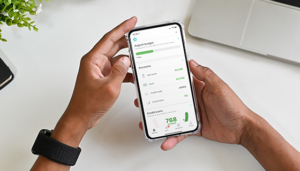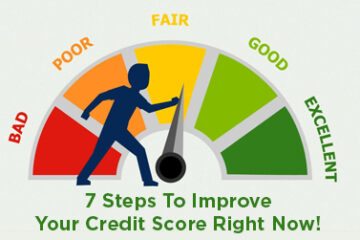Budgeting Apps Free
Managing your finances can be a challenging task, but with the advent of technology, numerous tools are available to help you achieve financial stability. Budgeting apps offer a practical solution by providing a platform to track your spending, savings, and overall cash flow. Free budgeting apps, in particular, are accessible tools that can cater to your needs without adding to your expenses.
They empower you to set spending limits, see your financial trends over time, and make informed decisions about your money.

Selecting the right budgeting app depends on your financial goals and habits. Free apps like NerdWallet assist in adhering to the 50/30/20 budgeting rule, which is a straightforward strategy to allocate your income. Meanwhile, apps like Mint integrate various financial aspects, offering features like subscription management and investment tracking. With the diligent use of these tools, you can work towards your financial objectives without worrying about additional costs.
When considering a free budgeting app, it’s essential to evaluate the features against your personal finance requirements. Do you need to track debts and savings goals? Perhaps you are more interested in monitoring your credit score or receiving bill reminders. The best budgeting apps often provide a broad range of services ensuring that, even without a monetary investment, you can take firm control of your finances and work towards a healthier financial future.
Exploring Free Budgeting Apps
Features to Look For in Free Budgeting Apps
When you’re looking for a free budgeting app, several key features are paramount to ensure that it serves your needs effectively. Here’s what you should look for:
- Ease of Use: The app should have an intuitive interface that makes it simple for you to set up and manage your budget planner.
- Security: Your financial data is sensitive; ensure the app has robust security measures to protect your information.
- Expense Tracking: Ability to automatically track expenses and categorize them.
- Budget Customization: Options that allow you to personalize budgets to match your spending habits and goals.
Comparing Popular Free Budgeting Apps
To make it easier for you to choose, let’s take a look at a couple of popular free budgeting apps and compare their features:
- Goodbudget
- Website: Goodbudget
- Features: This app uses envelope budgeting tactic where you allocate funds to different spending categories.
- Pros: Excellent for managing variable expenses and planning savings.
- Mint
- Website: Mint
- Features: Offers features like tracking bills, credit score monitoring, and bank account syncing.
- Pros: Comprehensive and automated with a wide array of tools for financial tracking.
Each app has its own strengths, so consider what features align best with your financial planning needs and preferences.
Implementing a Budget Planner
To effectively manage your finances, implementing a budget planner is pivotal. Focusing on this task provides clarity on income and expenses, allowing for realistic budgeting goals tailored to your financial situation.
Setting Up Your Budget
Begin by defining your income sources and listing your monthly expenses. This includes fixed costs like rent or mortgage, and variable expenses like groceries and entertainment. Allocate a portion of your income to savings, aiming for a balance that allows for financial security without compromising your current lifestyle. Many budgeting apps, such as those highlighted by NerdWallet, offer zero-based budgeting, where every dollar is assigned a purpose.
Best Practices for Budgeting with Apps
When selecting a budgeting app, prioritize user-friendliness and features that match your financial goals. Consistency is key—regularly inputting transactions ensures your budget reflects your financial position. Securely link your bank accounts for real-time updates and utilize notifications to avoid overspending. Guidance on best practices can be gleaned from sources like Forbes Advisor, which reviews budgeting apps annually.
Tracking and Analyzing Your Expenses
Track expenses diligently to stay on top of your spending habits. Categorize each expense to identify where you can cut back. Monthly spending reports generated by apps, referenced by CNET Money, visualize where your money goes, facilitating informed financial decisions. Regular analysis enables you to make necessary adjustments to your budgets, ensuring you remain on track to meet your financial objectives.




